Editor’s Note: This opinion piece has minor spoilers for Kingdom of the Planet of the Apes. You have been warned.
In this latest Planet of the Apes offering – Kingdom – director Wes Ball and writer Josh Friedman, leave their audience with much to ponder. Perhaps even the ultimate question of the whole franchise: Who should inherit the Earth? Who is worthy? Who is more deserving? It’s oncemasters – humans? Whose own hubris within the franchise were pretty much the instruments of their own downfall. Or, its current masters – apes? Who began as harmonious custodians of nature, but within the story of Kingdom of the Planet of the Apes, are shown to be just as fallible and corruptible as humans.
Now the first trilogy of movies – Rise, Dawn, and War – were very clearly about the folly of man. They began with the consequence of humanity’s hubris and progressed by posing the question of whether or not there was room on this planet for two intelligent species. This latest installment, however, seems to take things in a slightly different direction. Building on that initial notion, it appears to be concerned with who truly deserves to inherit this planet.
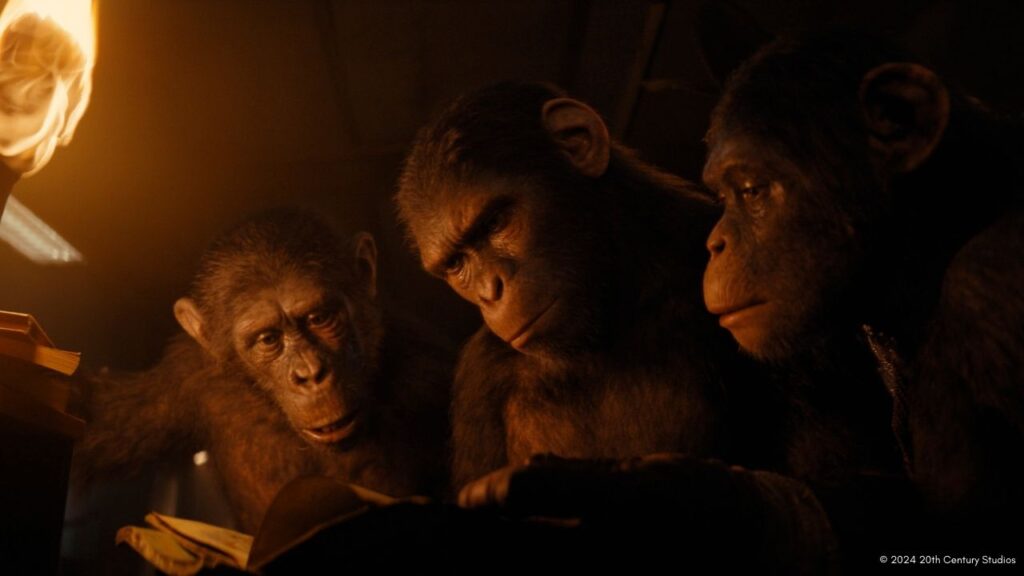
So who exactly does the movie want you to sympathize with?
The question may seem simple at the start of Kingdom of the Planet of the Apes. By centering the story around Noa and his journey to save his clan, he is the “hero,” he is our surrogate, and our way into this new world. Noa, and his Eagle Clan, who have learned to live with the creatures around them. “Always leave one” – Noa intones to his clutch mates at the eagle’s nest, even when faced with the prospect of himself not being able to complete his own coming of age ceremony – for “it is the law.”
This seems to be the epitome of being able to coexist with nature. Their only failing is that they have chosen to remove themselves from the greater world around them. They are in essence isolationists at the start of the movie, and may return to that ethos after their return. Only future movies will tell if their time spent away from their home has changed them, and whether or not Noa’s brief enlightenment to the ways of Caesar will have a greater impact.
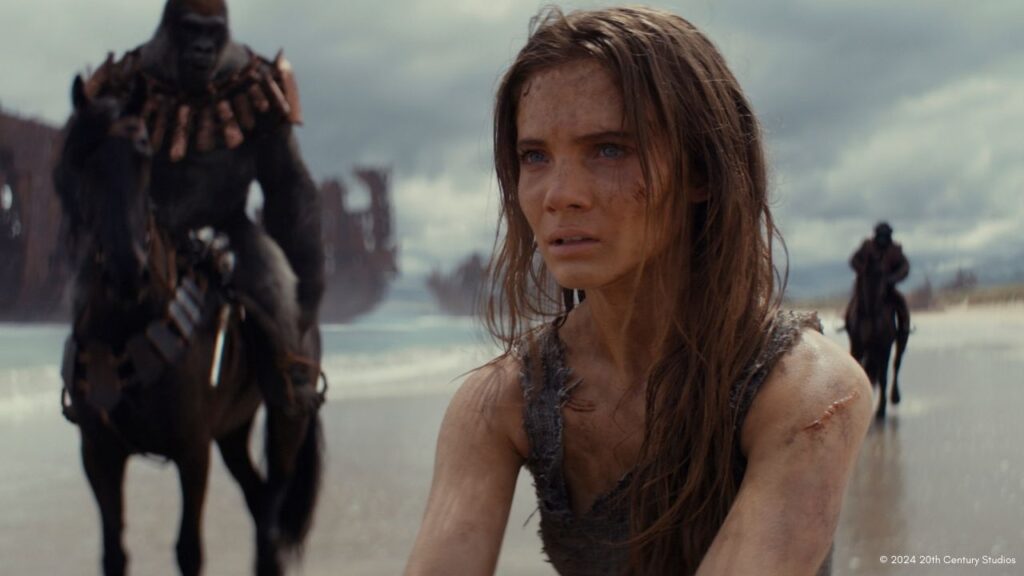
So we should side with the apes then?
It’s not that simple. As a human being yourself, don’t you tell me that once Mae started speaking, and displayed intellect, that you didn’t feel relief for the fate of humanity. Because as humans, we cannot help but be moved by the movie’s final scenes, and feel even a brief glimmer of hope as Mae delivers the satellite key to the survivors living in the bunker of a radio observatory. But as all good moviegoers should be aware of by now, it is something that always starts ith communication, but eventually ends in disaster. (God knows you need such conflict for a good sequel.)
In her final encounter with Noa, Mae, with a gun behind her back, shows that perhaps, humans are not to be trusted. She has shown that she will do anything to save humanity, first when she kills Trevathan without hesitation, and again when she floods the vault with Noa and his clan still inside. Mae puts on full display the devious nature of humans, as well as our ruthlessness. When our mind is set, nothing will stand in our way. She believed what she was doing was the right thing. Even right now, the full depravity of the human call to dominate is on full display with a cursory search on the Internet and a brief view into our history.
Time and time again, humanity has shown through countless mediums that we are not worthy stewards of this planet; both in fiction and in real life. The destruction that we willingly wrought, onto the environment, and onto each other for the sake of progress and human advancement, without a care for anyone but ourselves, is nothing short of breathtaking. A mere glance outside our own windows shows us just how much damage we have already done to our planet. In stark contrast to the Earth we see in the movie, filled with lush greenery, clear blue skies and wild animals roaming free. With humans out of the way, nature finds a way and takes over. Reducing our sprawling cities to jungle, reclaiming the Earth for those who would work hand-in-hand with Mother Nature to maintain balance. So really, do humans deserve to reclaim the Planet of the Apes?
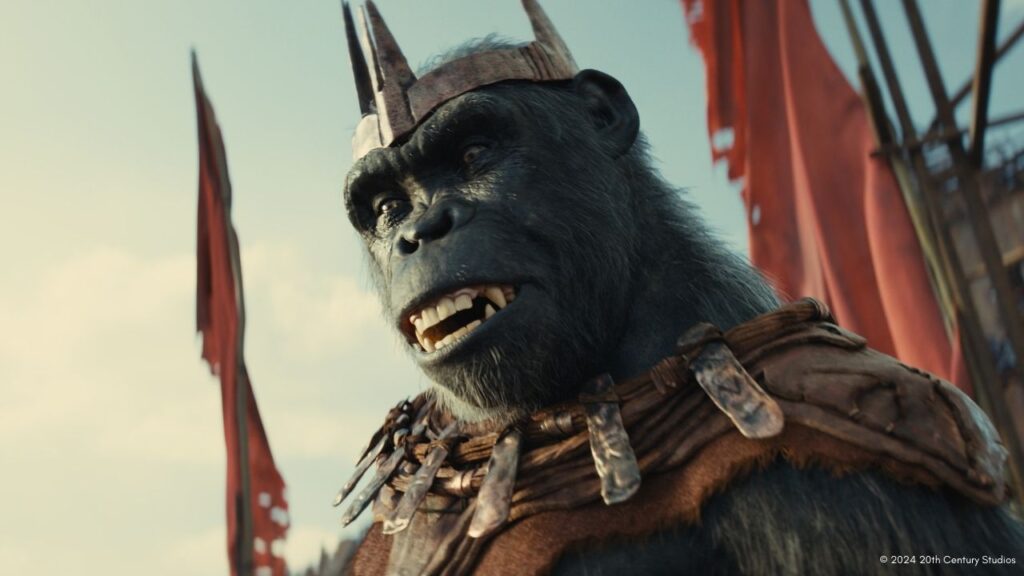
But not all apes are created equal.
Which brings me to Proximus. Who is almost a proxy for humanity within apekind. He is power hungry with an unquenchable thirst for more, willing to enslave his own kind to further an agenda, and willing to kill anything and anyone that gets in his way. Ruthless. Just like the humans he hates so much. We don’t really need to imagine what the Planet of the Apes would be like if apes like Proximus were to rule. We already know. It’s in all those history books that Proximus has Trevathan read to him at bedtime. And so history will repeat itself until someone can find a new way.
And so the choice seems simple. It should be apes like Noa, who, like Caesar before him, will try and live as one with Nature, and with humans, side-by-side. Because anything less would be an endless cycle of karma/suffering that we seemed to have been forced to live through time and time again. But how then does an idealist like Noa stay true to his beliefs in an increasingly changing world? That perhaps is the ultimate question, the one that this movie asks, and a potential new trilogy might try to answer.

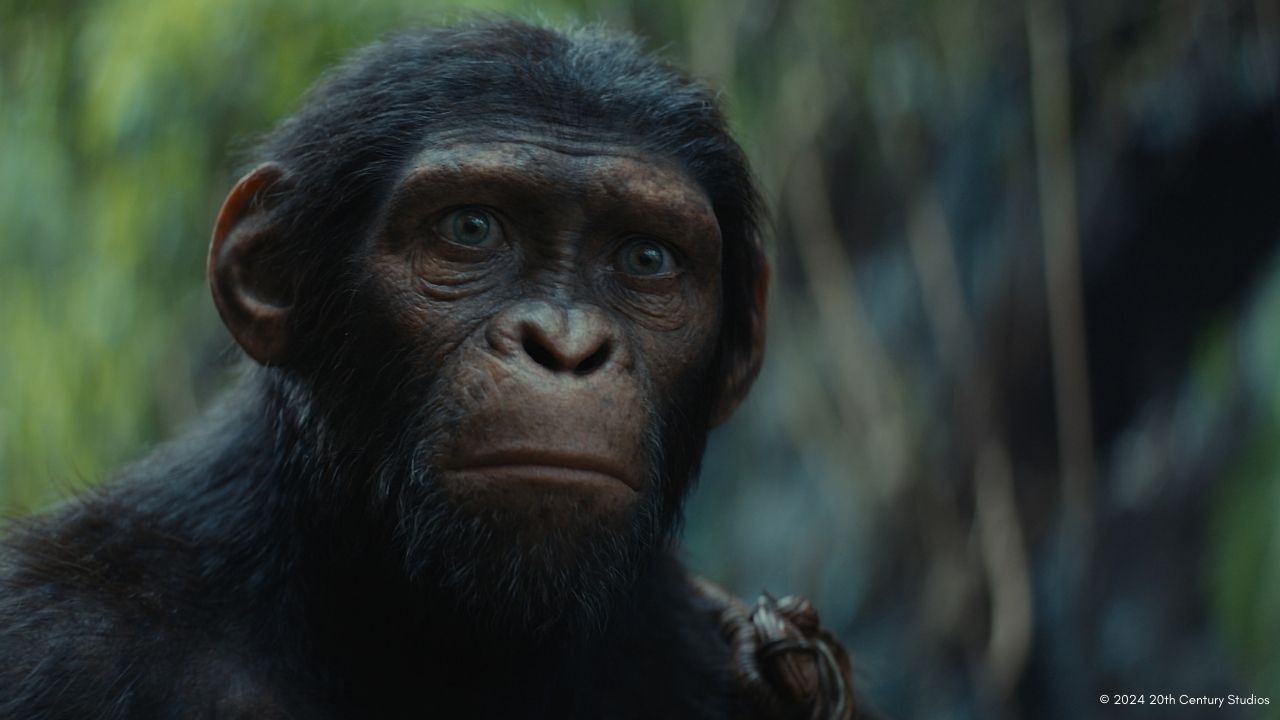
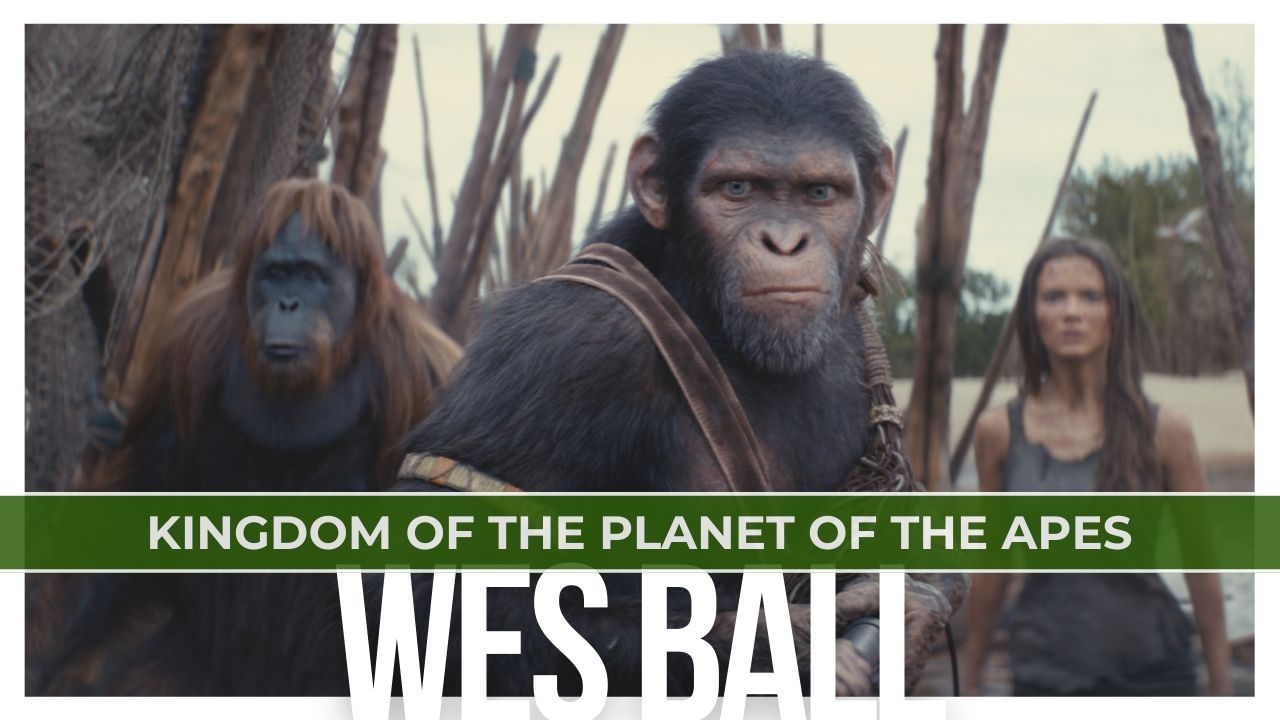
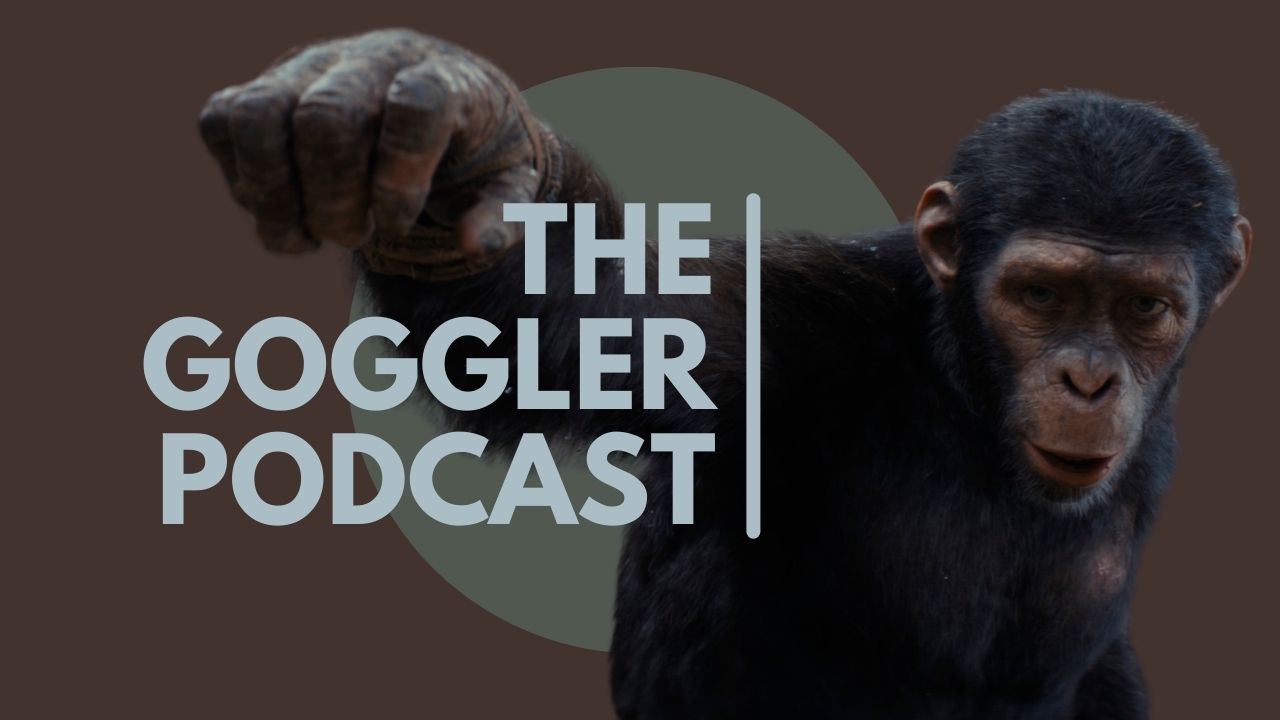
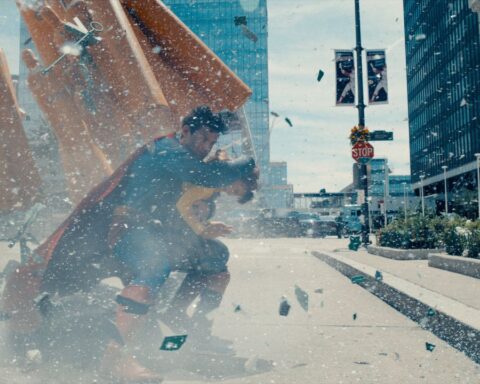
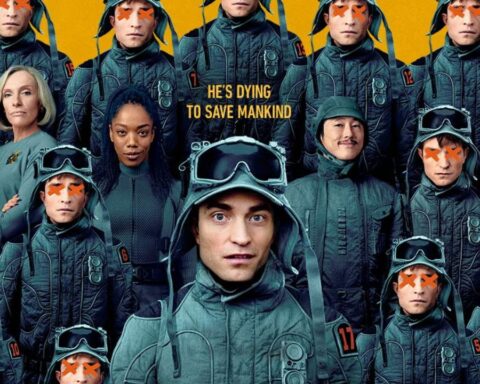
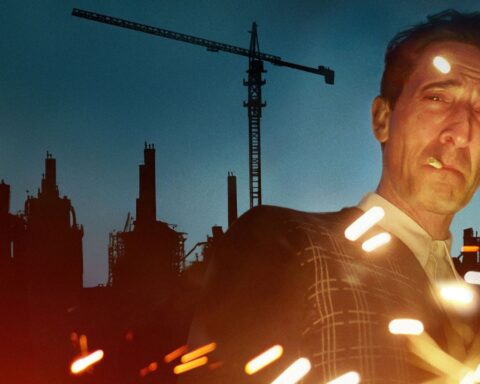


Follow Us